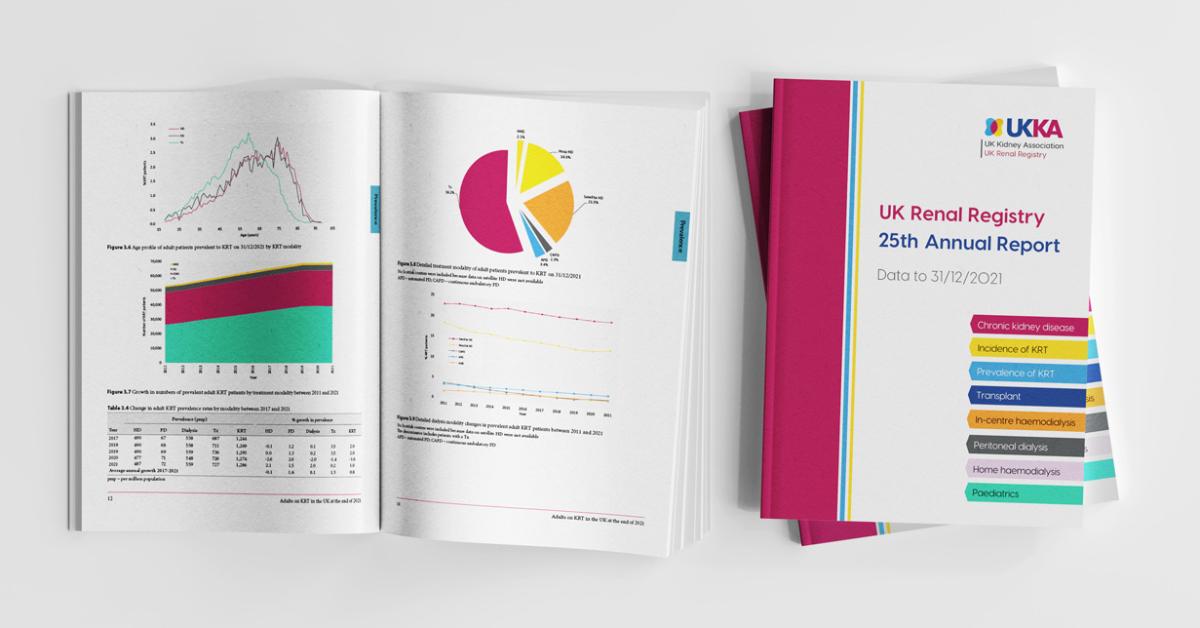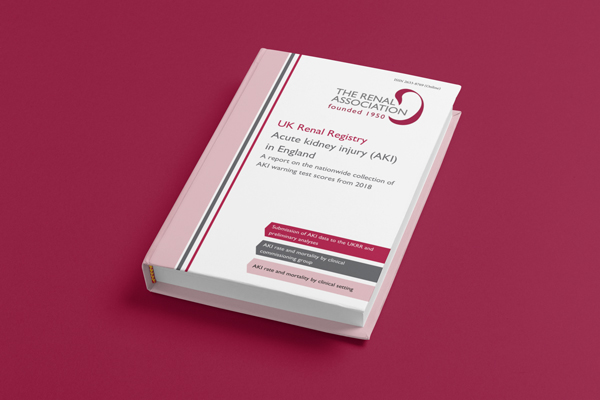The Times obituary of John Ross posted here emphasises many aspects of his broader life including his distinguished military service in World War II.
But it is important to record also his contribution to the development and acceptance of renal biopsy in the UK. He was one of a handful of UK physicians who began to exploit its potential in the period in 1955 –7, soon after the seminal publications by Brun & Iverson (1951), and then Kark & Muehrcke (1954).
The visit to UK on a sabbatical of Bob Muehrcke had raised further interest in the technique, but it remains uncertain whether Ross or perhaps ‘Jo’ Joekes (see obituary) undertook the first successful renal biopsy in this country. Important also was the contribution of ‘Heppy’ (Robert Heptinstall) at St. Mary’s Hospital, London who was the first pathologist interested to look at these “tiny fragments” of tissue.
Ross wrote an important early paper on renal biopsy (Ross JH, Ross IP. The value of renal biopsy. Lancet 1957;ii:559-565) in which he, the senior medical registrar, and Ian Ross, the medical registrar, at the London Hospital reported experience with 26 renal biopsies – the first UK report of the technique.
He then moved as consultant general physician to Hereford. There was no possibility of developing a substantial renal service there, since it was not one of the centres identified for support through the Department of Health 1966 funding tranche given to establish long term dialysis in the UK. Nevertheless he would recount stories of members of the SAS (whose training camp was in the Welsh hills just over the border from Hereford) who had gone into acute renal failure during high endurance training exercises, whom he managed and dialysed in Hereford.
He was a rather quiet and reserved man who, like many physicians of his generation, chose not to talk about his wartime experiences, and those of us who met him in the 1950s and 1960s through the Renal Association knew nothing of his wartime exploits or his decorations.



